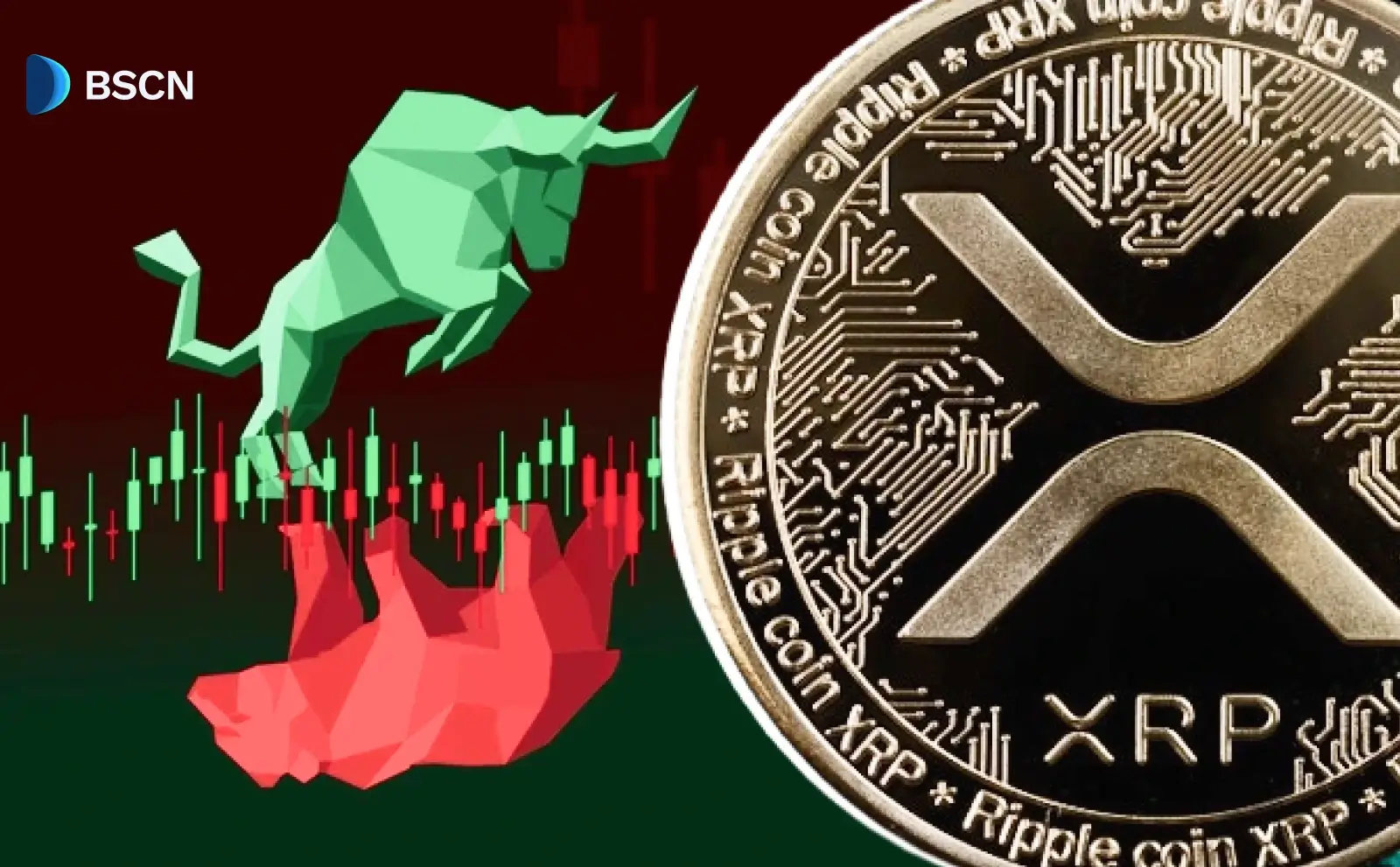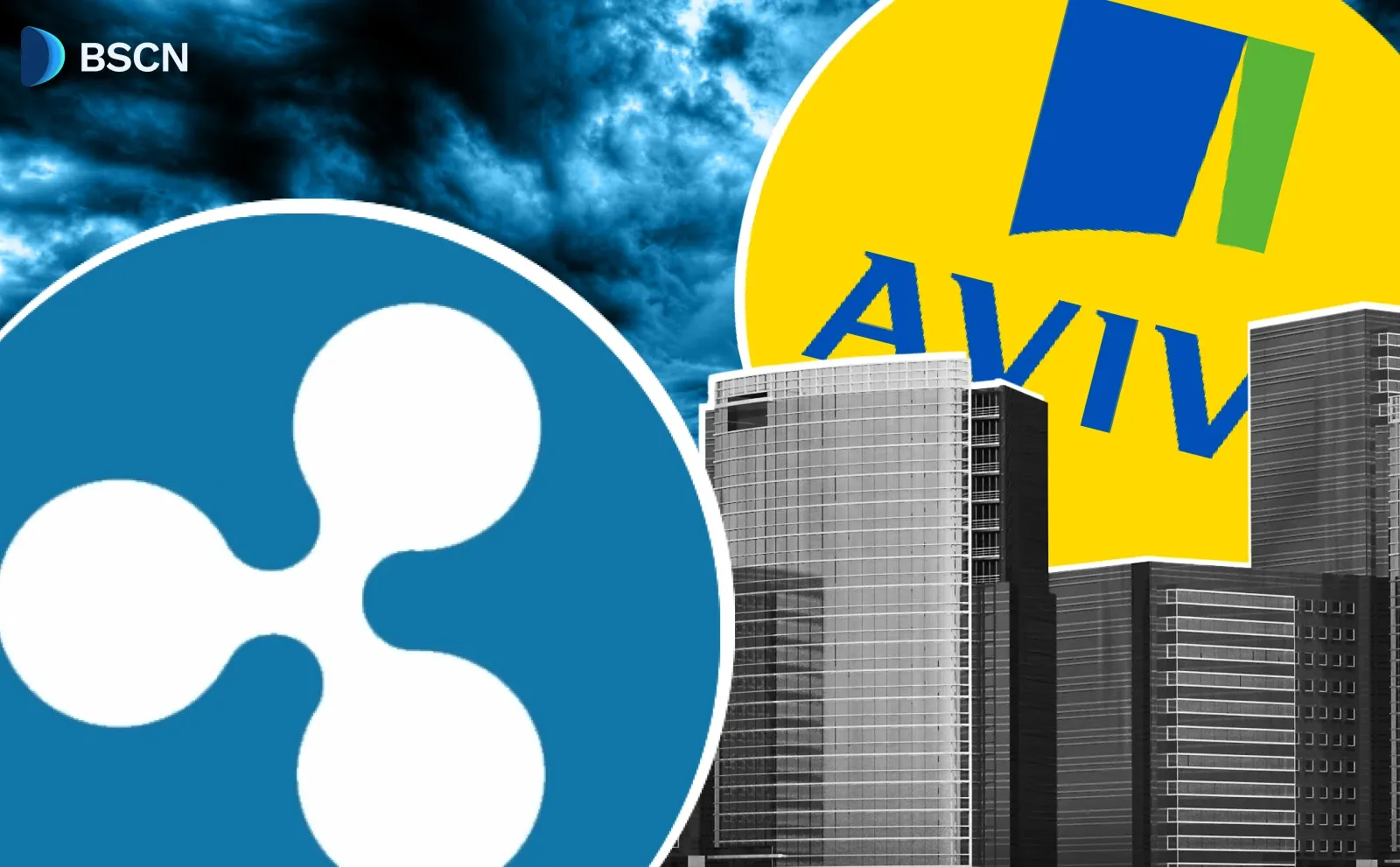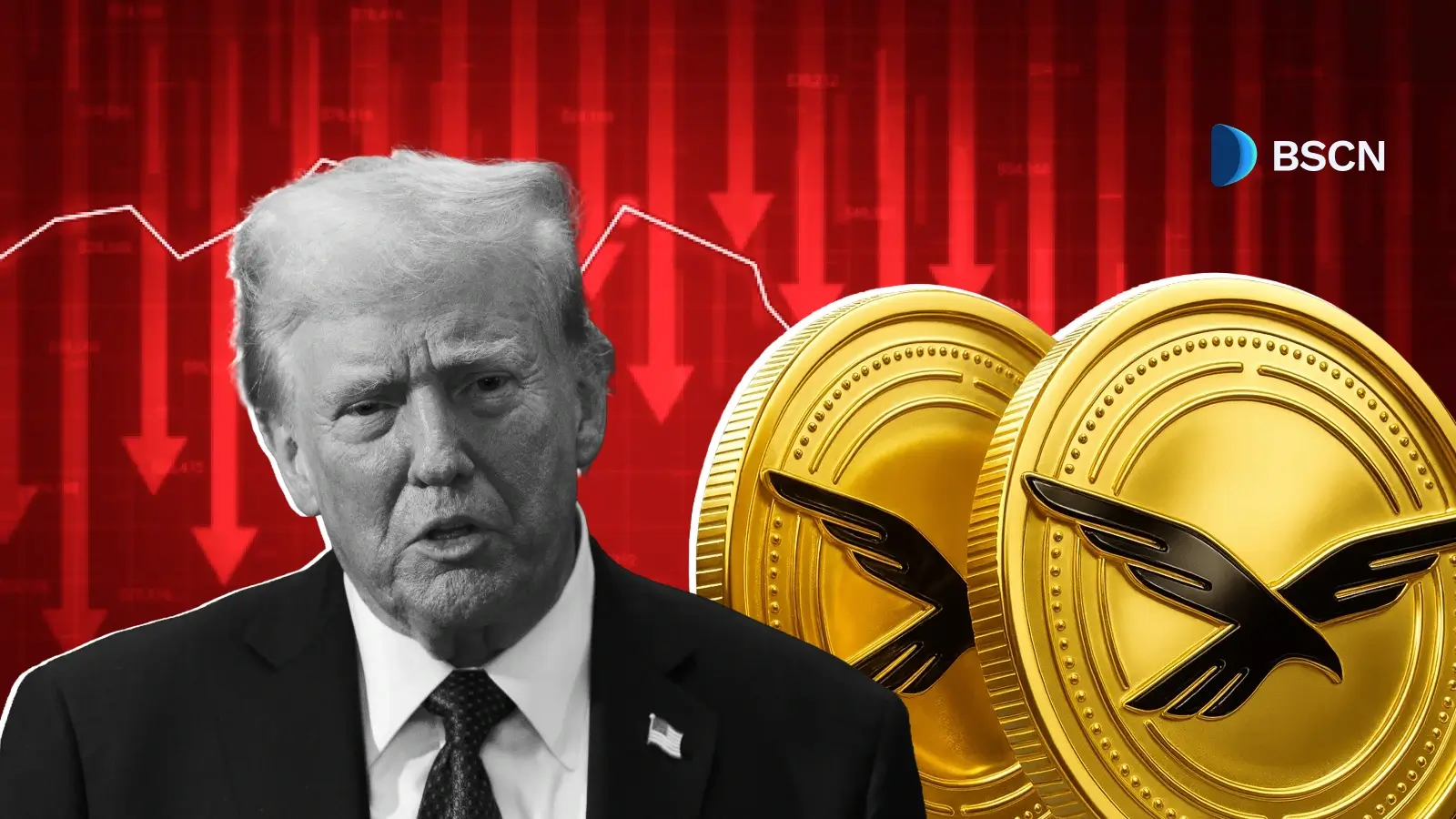Binance Sued for $81.5B in Nigeria: What You Need to Know

The lawsuit follows the detention of two Binance executives, with one alleging that Nigerian lawmakers demanded a $150 million bribe—a claim the government denies.
Soumen Datta
February 20, 2025
Table of Contents
The Nigerian government has escalated its legal battle against Binance, the world’s largest cryptocurrency exchange. Officials are demanding $81.5 billion in damages, accusing Binance of tax evasion and playing a role in the depreciation of the local currency, the naira, per Reuters.
Allegations Against Binance
Nigeria’s Federal Inland Revenue Service (FIRS) has accused Binance of failing to pay $2 billion in taxes between 2022 and 2023. The agency is also seeking a 26.75% interest rate on the unpaid amount, calculated based on the Central Bank of Nigeria’s lending rate.
In addition to tax evasion claims, officials argue that Binance has caused severe economic damage by facilitating currency speculation. The government is demanding an additional $79 billion in compensation, alleging that Binance’s trading platform contributed to the naira’s volatility in the foreign exchange market.
This legal battle started when Nigerian authorities detained two Binance executives—Tigran Gambaryan and British-Kenyan Nadeem Anjarwalla—in February. The two had traveled to Nigeria to discuss allegations that Binance’s activities were destabilizing the naira.
Although the Nigerian government later dropped tax evasion charges against Binance and its executives in June, the new lawsuit signals that the dispute is far from over. Gambaryan, who was released after eight months in detention, has since accused Nigerian lawmakers of soliciting a $150 million bribe—a claim the government has strongly denied.
Nigeria’s Crackdown on Crypto
Binance is not the only crypto platform under scrutiny in Nigeria. The country has been tightening regulations on digital assets, accusing exchanges of enabling money laundering and tax evasion.
Earlier, Nigeria’s Economic and Financial Crimes Commission (EFCC) charged Binance and its executives with five counts related to money laundering. Additionally, Binance faced four tax-related charges, including:
Non-payment of value-added tax (VAT)
Non-payment of corporate income tax
Failure to file tax returns
Facilitating tax evasion through its platform
Despite these allegations, Binance has stated that it was cooperating with Nigerian authorities to resolve tax disputes.
Binance’s Response
Binance has denied the accusations and maintains that it does not operate a registered entity in Nigeria. The company also emphasized that it had taken steps to comply with regulations, including halting all naira transactions in March 2023.
However, Nigerian authorities argue that Binance has a “significant economic presence” in the country, making it liable for corporate taxes.
In response to the latest lawsuit, Binance has not issued a public statement. However, the company continues to face increasing regulatory pressure worldwide.
Global Implications for Binance
The lawsuit in Nigeria adds to Binance’s growing legal troubles. The exchange has already faced significant challenges in the U.S., where Binance.US had to suspend fiat deposits due to regulatory restrictions.
After months of difficulty, Binance.US recently reinstated U.S. dollar deposits and withdrawals. The move marks a partial recovery after the platform saw a sharp decline in trading volume and staff layoffs following legal actions from the SEC.
Despite these setbacks, Binance remains a dominant force in the crypto industry. However, the outcome of its legal battle in Nigeria could set a standard for how governments handle crypto regulation moving forward.
Read Next...
Disclaimer
Disclaimer: The views expressed in this article do not necessarily represent the views of BSCN. The information provided in this article is for educational and entertainment purposes only and should not be construed as investment advice, or advice of any kind. BSCN assumes no responsibility for any investment decisions made based on the information provided in this article. If you believe that the article should be amended, please reach out to the BSCN team by emailing [email protected].
Author
 Soumen Datta
Soumen DattaSoumen has been a crypto researcher since 2020 and holds a master’s in Physics. His writing and research has been published by publications such as CryptoSlate and DailyCoin, as well as BSCN. His areas of focus include Bitcoin, DeFi, and high-potential altcoins like Ethereum, Solana, XRP, and Chainlink. He combines analytical depth with journalistic clarity to deliver insights for both newcomers and seasoned crypto readers.
Crypto Project & Token Reviews
Project & Token Reviews
Comprehensive reviews of crypto's most interesting projects and assets
Learn about the hottest projects & tokens

















